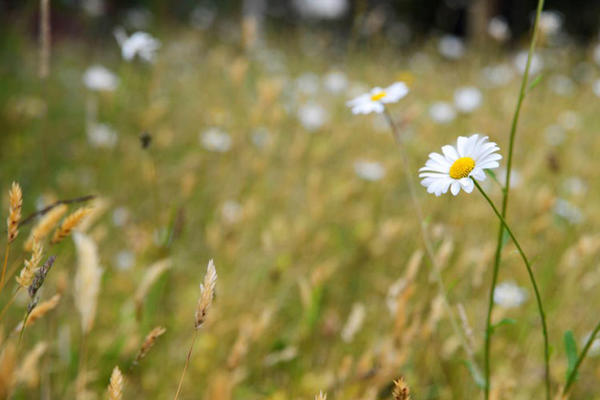3rd October 2016 London, UK
Unlocking why plants matter: How the Royal Botanic Gardens, Kew is leading the charge for a healthier planet

Take a deep breath in. And now blow it out, emptying your lungs. You have just extracted oxygen from the air, and replaced it with carbon dioxide. Now look around you for a plant perhaps there is a tree outside your window or a pot plant on your table. That plant is sucking in the carbon dioxide you’ve produced and turning it back into oxygen, completing a life-giving cycle. It is easy to forget how connected and dependent we are on plants. Plants are the foundation of pretty much all life on earth, your life and mine.
Plants provide the oxygen we breathe, they provide materials for food and shelter, and act as chemical factories, providing many of the crucial drugs that modern and traditional medicines rely upon. In a world where the human population is likely to grow by 2 billion people by 2050, and where the climate is changing rapidly, resilience of the plant kingdom will be extensively tested, and if it isn’t able to survive that challenge, humanity will also suffer.
At the Royal Botanic Gardens, Kew we believe that a greater knowledge and understanding of plants can help uncover imaginative solutions to the critical challenge facing humanity. Through inspiring a life-long love of plants, we also believe that societies will value them and the vital services they provide, resulting in much needed investment in global conservation. We have been pursuing this goal, in one way or another in the UK and around the world, for over 250 years.
Kew’s roots are firmly planted in British soil, but its branches spread around the world. We work globally with partners and collaborators in 110 countries. The first ever State of world’s plants report which Kew released in May 2016 stated that at least 31,128 plants species currently have a documented use yet a fifth of all the world’s plants are known to be at risk of extinction. We are not being plant-smart it would seem. To try to address this, we work with communities in Madagascar, one of the poorest nations on Earth, in order to help increase sustainable sources of yams, a vitally important food source for them – especially in years of drought. One of our projects in Mexico aims to identify those plants which have a traditional use, and work with the local communities to conserve them in situ and collect seeds for lasting preservation in the Millennium Seed Bank, which aims to conserve the seeds of 25% of the world’s plants by 2020. They, along with thousands of other communities we work with, recognise the connection between their wellbeing and that of the plants they rely on.
We also welcome visitors from around the world to our Gardens in West London; around 15% of the 1.5 million visitors we host every year come from outside the UK. As well as enjoying the history, beauty and tranquillity of the Gardens, every visitor discovers something new about the global diversity of the planet kingdom and the uses of those plants.
Bringing together our science and conservation projects from around the world, with the beauty of our Gardens, allows us to engage the public in the importance of plants for everyone. World Habitat Day offers an opportunity to think about plants in all habitats and how they can help support the livelihoods and wellbeing of people living in towns and cities. Kew has a great out reach programme Grow Wild that assists communities across the UK to come together through planting native wild flowers. One of these communities is the Ebbw Vale steel works in South Wales which is being transformed into a community space full of wild flowers, adventure areas and relaxation spaces. The project will boost local pride and leave a legacy for the people who worked there as well as providing an oasis for to the people who live with the consequences of deindustrialisation.
Major Cities around the world are coming to the conclusion that integrating plants into the concrete jungle is vital if we are to make the spaces we live in more human. Urban planners are designing green landscapes to help cities to deal with the worst impacts of climate change over the coming decades. At Kew, we believe that realisation is vital because it will connect urban societies back with the plants upon which we all depend.
So take another deep breath and feel thankful for the plants of the world, today and every day.
